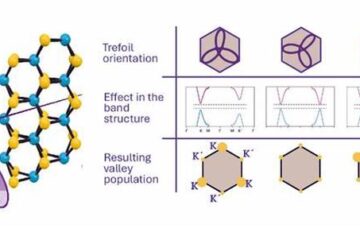Choice of Robot Companion Depends on Personality Type

People with more extrovert personalities tend to choose more humanoid robots, which have a greater resemblance to humans, with facial features and a human-like voice, whereas more introverted people tend to prefer mechanical-looking robots, more like a box on wheels with a metal head.
This is a recent finding from Professor Kerstin Dautenhahn’s team at the university’s School of Computer Science, who took the robot out of the laboratory last year and had it living in a house nearby so that they could observe how it interacted with humans.
A member of the team, Dr Mick Walters conducted his PhD project on the investigation of people’s perceptions of different robot appearances and an assessment of how they would like to be approached by the robot and in what manner.
“Our research allowed us to identify two broad demographics of people who have preferences,” said Dr Walters. “It seems that there are those who prefer an unobtrusive robot and then others who want a cheerier presence.”
“After years of investigating Human Robot Interaction with hundreds of participants, we have looked at proxemics, an area which has not been studied before, and condensed all of this information into an empirical framework,” added Professor Dautenhahn. “Also, rather than producing a robot and then finding an application for it, we have involved people in the development of these People Bots right from the start.”
Media Contact
More Information:
http://www.herts.ac.ukAll latest news from the category: Information Technology
Here you can find a summary of innovations in the fields of information and data processing and up-to-date developments on IT equipment and hardware.
This area covers topics such as IT services, IT architectures, IT management and telecommunications.
Newest articles

Simplified diagnosis of rare eye diseases
Uveitis experts provide an overview of an underestimated imaging technique. Uveitis is a rare inflammatory eye disease. Posterior and panuveitis in particular are associated with a poor prognosis and a…

Targeted use of enfortumab vedotin for the treatment of advanced urothelial carcinoma
New study identifies NECTIN4 amplification as a promising biomarker – Under the leadership of PD Dr. Niklas Klümper, Assistant Physician at the Department of Urology at the University Hospital Bonn…

A novel universal light-based technique
…to control valley polarization in bulk materials. An international team of researchers reports in Nature a new method that achieves valley polarization in centrosymmetric bulk materials in a non-material-specific way…





















